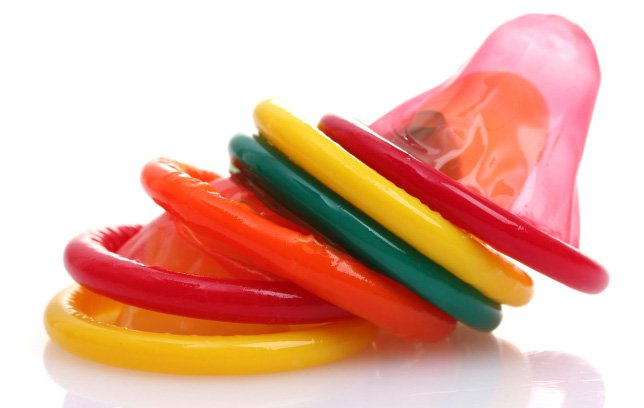Written by guest blogger, Shayna Skakoon-Sparling.
Young Canadian adults know that using a condom is the best way to protect themselves from sexually transmitted infections (STIs) like syphilis, chlamydia, or HIV. Yet, many struggle to consistently use a condom when they have sex. There are many factors that can influence an individual’s decisions about condom use during a sexual encounter. Individuals may be influenced by: how well they feel they know their partner, how “at-risk” they perceive themselves to be, whether or not they are intoxicated, and, importantly, how sexually aroused they are.
I chose to investigate the effects of sexual arousal on elements related to sexual decision-making because sexual arousal is such an important and common aspect in consensual sexual encounters.
Sexual arousal is known to interfere with our ability to make good choices (e.g., Ariely & Lowenstein, 2006; Ditto et al., 2006; George et al., 2009; Skakoon-Sparling, Cramer, & Shuper, 2016), but little is known about why or how this occurs. I set out to explore whether sexual arousal has this cognitive and behavioural effect because of its impact on the mechanisms underlying our decision-making abilities. In particular, for this study, I wanted to know whether it has an impact on our self-control, and sexual self-restraint.
Participants were invited to view either four sexually arousing (experimental condition) or four non-sexual video clips (control condition). After viewing each video clip, participants responded to a random selection of items drawn from (1) a self-control scale, (2) a sexual self-restraint scale, and (3) a motivational state scale.
In comparison with control participants, I found that sexually aroused participants scored lower on my measure of self-control and on my measure of sexual self-restraint. This suggests that when we are more sexually aroused, this state may deplete our stores of self-control or otherwise interfere with our access to this resource. Additionally, the correlation between decreased self-control and decreased sexual self-restraint highlights a link between decreased self-control and increased sexual risk-taking.
When we become sexually aroused, we have more difficulty engaging in self-control and show lower sexual self-restraint, which could very easily lead to increased sexual risk taking and difficulty seeing the importance of engaging in the negotiation of condom use.
Shayna Skakoon-Sparling & Kenneth M. Cramer (2016). The impact of sexual arousal on elements of sexual decision making: Sexual self-restraint, motivation, and self-control. Canadian Journal of Human Sexuality (Volume 25 Issue 2), 119-125. Available to read on CJHS Online or on Project MUSE!


Comments on this entry are closed.